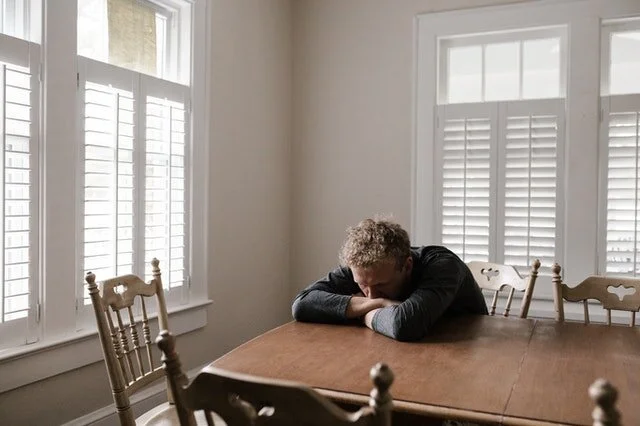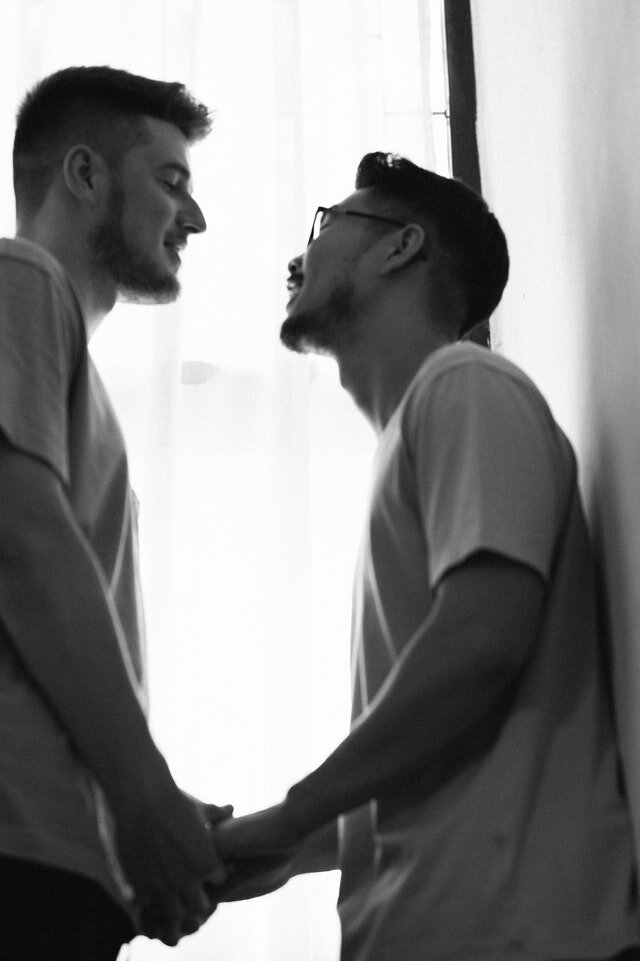How To Deal With Mental Health Problems as a Gay Man
The discrimination and stigma gay men face on a regular basis can have a severe impact on mental health. According to the American Psychiatric Association, one in six gay men have made at least one suicide attempt in their lifetime. Homosexuals and other members of the LGBT community have been persecuted for their sexual preferences for a long time and this negativity takes a toll. Community support through the Pride Parade and LGBT Rights Movement have helped bring awareness and tolerance to varying sexual preferences, but there is still a long way to go before society is fully accepting of all sexual orientations.
If you’re looking to improve your mental health or you want to support someone experiencing problems, the first step toward a healthier mind is fully understanding the root cause of your problems. Below are a few common mental health issues gay men experience when coming to terms with their sexuality.
Internalized Homophobia
A majority of people in the U.S. grow up in communities that promote heterosexuality as the “correct” sexual preference. The societal pressure to be straight in addition to religious and familial expectations can result in what is known as internalized homophobia. This condition is more common than people realize and needs to be talked about a lot more.
For gay men, internalized homophobia can occur when a person is regularly exposed to homophobic rhetoric and discrimination. The repeated reinforcement from outside influences that homosexuality is bad causes the person to internalize these negative feelings and believe they are true.
A person experiencing internalized homophobia may exhibit self-hatred, shame, and anxiety, just to name a few. Self-acceptance is impossible to reach when you’re suffering from internalized homophobia and it can make coming out to others extremely difficult. Addressing this issue is imperative if you want to move forward and live a healthy life.
Social Anxiety
Many gay men have experienced bullying in one form or another. Bullying is particularly common for homosexual teens because they might not display the expected “masculine” traits. The bullying and rejection experienced at a young age can make socializing as an adult even harder. Fear of judgment can lead to isolation which can eventually develop into depression.
Social anxiety can also create a lot of discomfort and make it difficult to thrive at work and in relationships. Acknowledging the reason for your social anxiety and facing the fears and doubts holding you back can help you move toward a more confident and accepting mindset.
Masculine and Feminine Expectations
Society has clear expectations of gender roles which are often depicted in movies and other forms of media. Women are expected to be petite and delicate, while men are expected to be strong and tough. Expected gender roles make it difficult for gay men to fully express themselves. A man displaying stereotypical feminine qualities is often frowned upon by society, not to mention there’s even pressure in the gay community to display certain masculine or effeminate qualities. As a gay man, navigating conflicting pressures and expectations from all sides can be stressful and confusing.
Addressing Mental Health
Today there are a lot more resources available to the LGBT community for addressing mental health issues. Younger generations are becoming much more accepting of sexual preferences, and organizations have formed to offer support. If you’re a gay man seeking help for depression, anxiety, or another mental health issue, then consider connecting with a local Pride organization. Surrounding yourself with people who understand and accept you can go a long way to boosting your self-confidence and get you out of isolation.
It’s also a good idea to talk to a professional about the issues you’re facing. Acknowledging the need for therapy has never been easy for anyone, and unfortunately, the therapy stigma can make it even more difficult for gay men to seek help. A lot of people who avoid therapy worry about how others will see them, which is a common concern gay men have already. Seeking the help you need might not be easy, but talking to a professional about the challenges you’re facing can vastly improve your mental health.
It takes time to work through years of negative self-talk and unpack social stigmas associated with being gay. A professional counselor can offer a new perspective and help you work through the mental barriers holding you back from being happy. To find out more about our services, visit our gay men counseling page.



